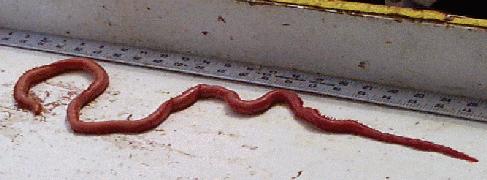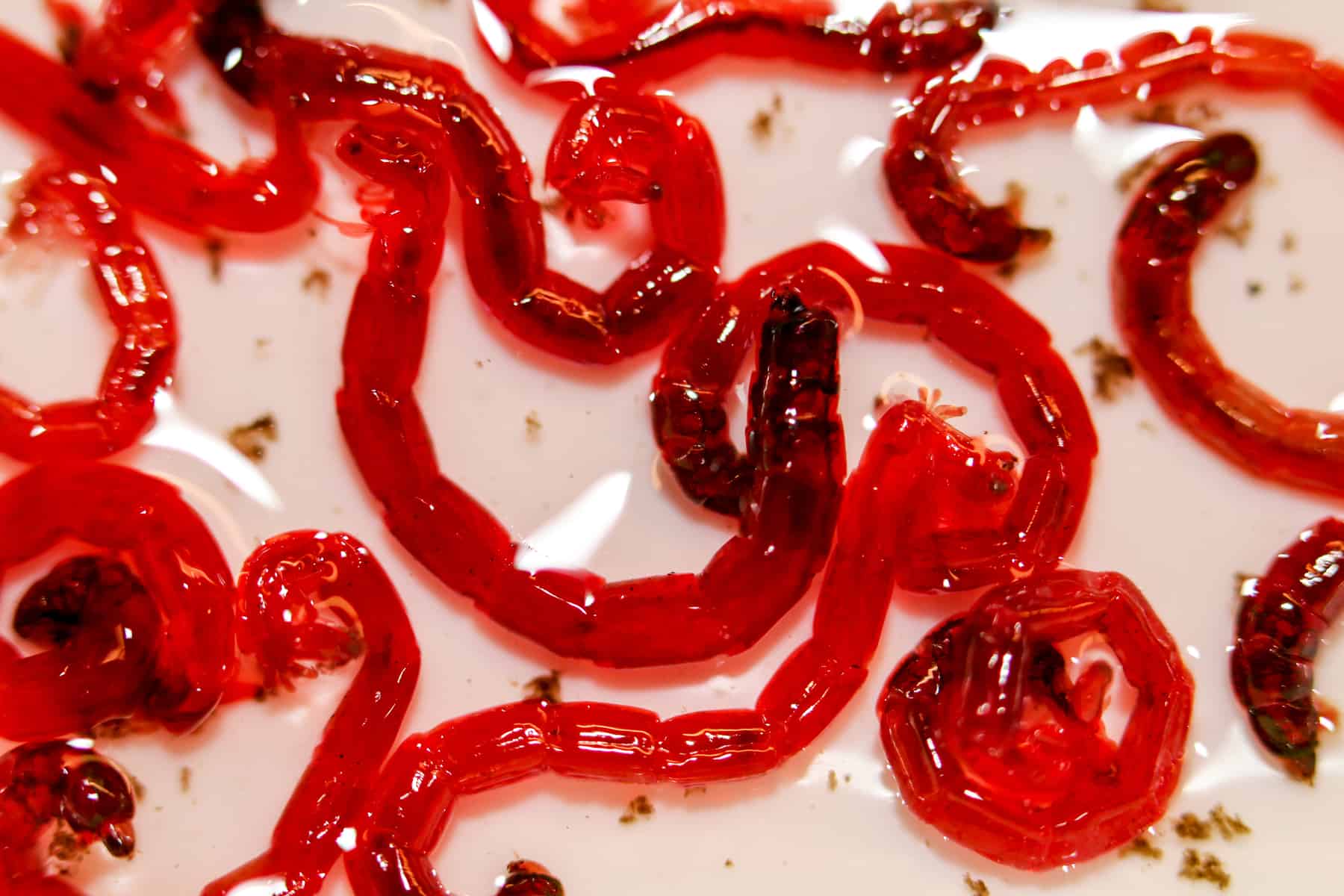


It is recommended that all horses receive a treatment for ESRW during the late autumn/winter, regardless of their faecal worm egg count. Untreated, encysted small redworm may develop and emerge en masse from the gut wall in the early spring, causing diarrhoea and colic with a mortality rate of up to 50%. This is because the larval stages are buried in the gut wall and therefore they do not develop into adults or produce eggs which can be tested for in the droppings. They pose a potentially fatal health risk but won’t show up in a standard faecal worm egg count.

Let’s start with encysted small redworm (ESRW): these are one of the most common and harmful worms found in horses. They are the larval stages of the small redworm that have buried into the lining of the gut where they lie dormant for some time. One in five who said they had treated for it used a wormer that was not licensed to treat the encysted stages of this dangerous parasite, leaving their horses at serious risk. In this year’s National Equine Health Survey, 20% horse owners didn’t recognise the potential dangers of encysted small redworm. To reassure you, you are not alone with your worming queries. Also, encysted small redworm, tapeworm and bots WILL NOT show up in a standard FWEC. It’s worth noting that if you receive the result <50epg (no eggs seen) this doesn’t guarantee that there were no eggs in the sample, as only a very small sample is studied under the microscope.

The standard level requiring treatment is usually above 200epg, depending on the horse’s worming history. The number of worm eggs in the dung sample are measured and reported as eggs per gram. It is very important to treat for these parasites on a strategic basis during the late autumn and early winter. The worm count said no eggs were seen – what should I do?”įirstly, I’m pleased you have discussed your horse’s winter parasite control with your local tack retailer, who as a Suitably Qualified Person (SQP) is licensed to prescribe and sell wormers and to provide you with informed and sensible advice.Īlthough your horse’s FWEC was negative, there are in fact three common parasite threats that will not show up in a standard FWEC: encysted small redworm, tapeworm and bots. However, my local tack shop told me I still need to worm for encysted small redworm, tapeworm and bots. “Dear H&C, I had a faecal worm egg count (FWEC) done for my horse at the end of October and it came back negative. An H&C viewer has written to us for advice about whether or not she needs to worm her horse this winter…


 0 kommentar(er)
0 kommentar(er)
